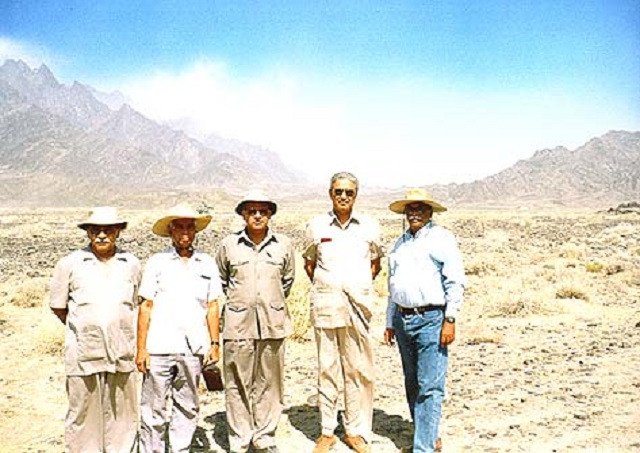Pakistan’s historic nuclear tests conducted in the remote Chagai District of Balochistan on May 28, 1998, marked a significant milestone for the nation’s nuclear program. However, the aftermath of these tests has been marred by a range of detrimental consequences that continue to impact the region. This article sheds light on the worst impacts of Pakistan’s nuclear test in the Chagai District, supported by references from reputable research articles.
However, The nuclear explosions unleashed severe environmental damage, with radioactive materials being released into the atmosphere, soil, and water. According to a study by Zia Mian and M. V. Ramana published in the Bulletin of the Atomic Scientists, this contamination has led to long-term ecological consequences, posing significant health risks for the local population.
Extensive research published in the International Journal of Environmental Research and Public Health reveals heightened rates of cancer, birth defects, and radiation-related illnesses among those exposed to nuclear fallout. The long-lasting health consequences demand immediate attention and comprehensive healthcare support for the affected communities.
Furthermore, the nuclear tests triggered socio-economic disruption in the Chagai District, resulting in the displacement of local communities, loss of livelihoods, and significant damage to agriculture and livestock. Research articles published in Economic and Political Weekly highlight the urgent need for sustainable development initiatives and targeted assistance to uplift the affected population from cycles of poverty.
Moreover, Pakistan’s nuclear tests not only had significant political and diplomatic repercussions but also triggered a series of interconnected events. The imposition of sanctions further exacerbated regional tensions, as highlighted by Dr. Feroz Hassan Khan in the Journal of Strategic Studies. This underscores the pressing need for sustained diplomatic efforts to ensure stability and promote constructive engagement in the region.
In addition, the Chagai nuclear tests had far-reaching consequences, particularly in initiating a dangerous nuclear arms race in South Asia. Various research articles published in Strategic Studies Quarterly emphasize the urgent requirement for comprehensive arms control and disarmament measures. These measures are crucial in mitigating the risks of conflict and fostering much-needed regional security. Therefore, it is imperative to recognize the complex web of interrelated factors stemming from Pakistan’s nuclear tests.
Conclusively, the result of Pakistan’s nuclear tests in the Chagai District continues to resonate with severe environmental devastation, detrimental health effects, socio-economic disruption, and regional security implications. To address these issues, immediate action is required, including environmental remediation, comprehensive healthcare provision, sustainable socio-economic development, and continued diplomatic engagement. The findings from reputable research articles highlight the urgency of addressing the long-term impacts and working towards a better future for the affected communities and the region as a whole.
